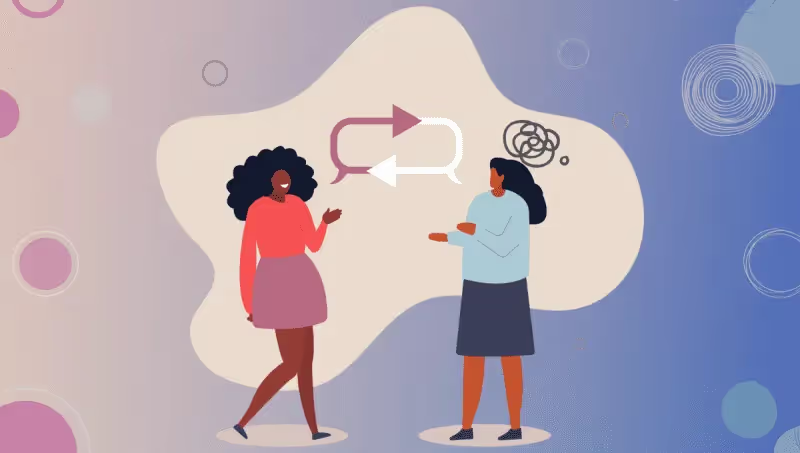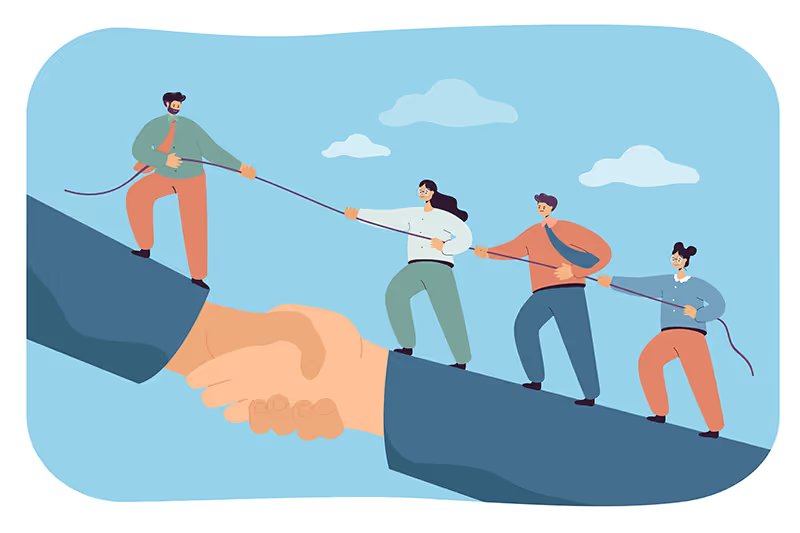“We don’t have to do all of it alone. We were never meant to.” –Brené Brown
Maintaining emotional balance is a vital aspect of mental resilience and overall well-being. From personal relationships to professional endeavors, emotional regulation plays a pivotal role in navigating the complexities of our daily lives. The workplace is a dynamic ecosystem where emotions can run high. Whether it’s dealing with tight deadlines, conflicting personalities, or unexpected setbacks, the ability to manage emotions becomes paramount. Emotional regulation in the workplace isn’t just about maintaining a calm demeanor; it directly impacts productivity, collaboration, and job satisfaction.
Researchers have primarily concentrated on emotional regulation strategies people can do on their own. Techniques such as cognitive reappraisal, emotional suppression, and emotional labeling have been widely explored for their impact on personal emotional management. However, the landscape of emotional research is shifting, drawing attention to the power of shared emotional experiences and social regulation strategies.
Among the various emotional regulation strategies, cognitive reappraisal stands out as particularly effective. Reappraisal involves reframing a situation to alter its emotional impact. Instead of passively experiencing a situation, reappraisal allows individuals to actively reinterpret it in a way that diminishes its negative emotional charge. For instance, imagine being unexpectedly removed from a critical project. You might have a strong negative emotional reaction to this news, assuming your contribution wasn’t valued by the team. It might be difficult to reappraise the situation alone, but if a trusted colleague told you they believed you were removed from the project so you could dedicate more time elsewhere, this might be the perspective you need to see the situation in a more positive light.
Indeed, recent research has revealed that when individuals receive help with reappraisal, the benefits of the technique amplify. The researchers showed this by recruiting pairs of friends, one an “experiencer” and the other a “helper.” The experiencer was asked to view emotionally negative images and either generate their own reappraisal of the event or hear how their friend reappraised it. For example, when shown an image of an accident, a reappraisal might be that the person will recover from their injuries. The experiencer was then tasked with viewing the negative emotional images again and reporting their emotional state. Their negative emotional reaction upon seeing the image a second time was far less severe if they heard their friend reappraising the image than if they reappraised it themselves.
Importantly, this is the first time researchers have shown that having a friend help you reappraise is more beneficial than reappraising alone. In a follow-up study, researchers replicated the original finding and showed that this effect persisted for at least one day, indicating that social reappraisal may have longer-term benefits, as well.
A groundbreaking aspect of this research is the recognition that involving others in the reappraisal process can yield remarkable results. When individuals collaborate with peers, mentors, or friends to collectively reframe a situation, the diversity of perspectives enriches the process. Others’ insights provide new angles and dimensions, enabling a more comprehensive reappraisal.
This approach not only broadens our emotional horizons but also nurtures a sense of connectedness. When we allow others to contribute to our emotional regulation, we create an environment where empathy and support thrive. This interdependence enhances both our personal well-being and the quality of our relationships.
Emotional regulation is a cornerstone of a healthy and fulfilling life, and its significance extends to our professional pursuits. While individual emotional regulation strategies have long been the focus, the emergence of shared emotional regulation strategies, particularly social reappraisal, marks an exciting shift. By engaging in reappraisal collaboratively and inviting others’ perspectives, we unlock a potent tool for navigating life’s challenges and fostering enriched relationships. As we continue to explore the nuances of emotional regulation, embracing these collective strategies can pave the way for a brighter, more harmonious future — both personally and professionally.




.avif)



